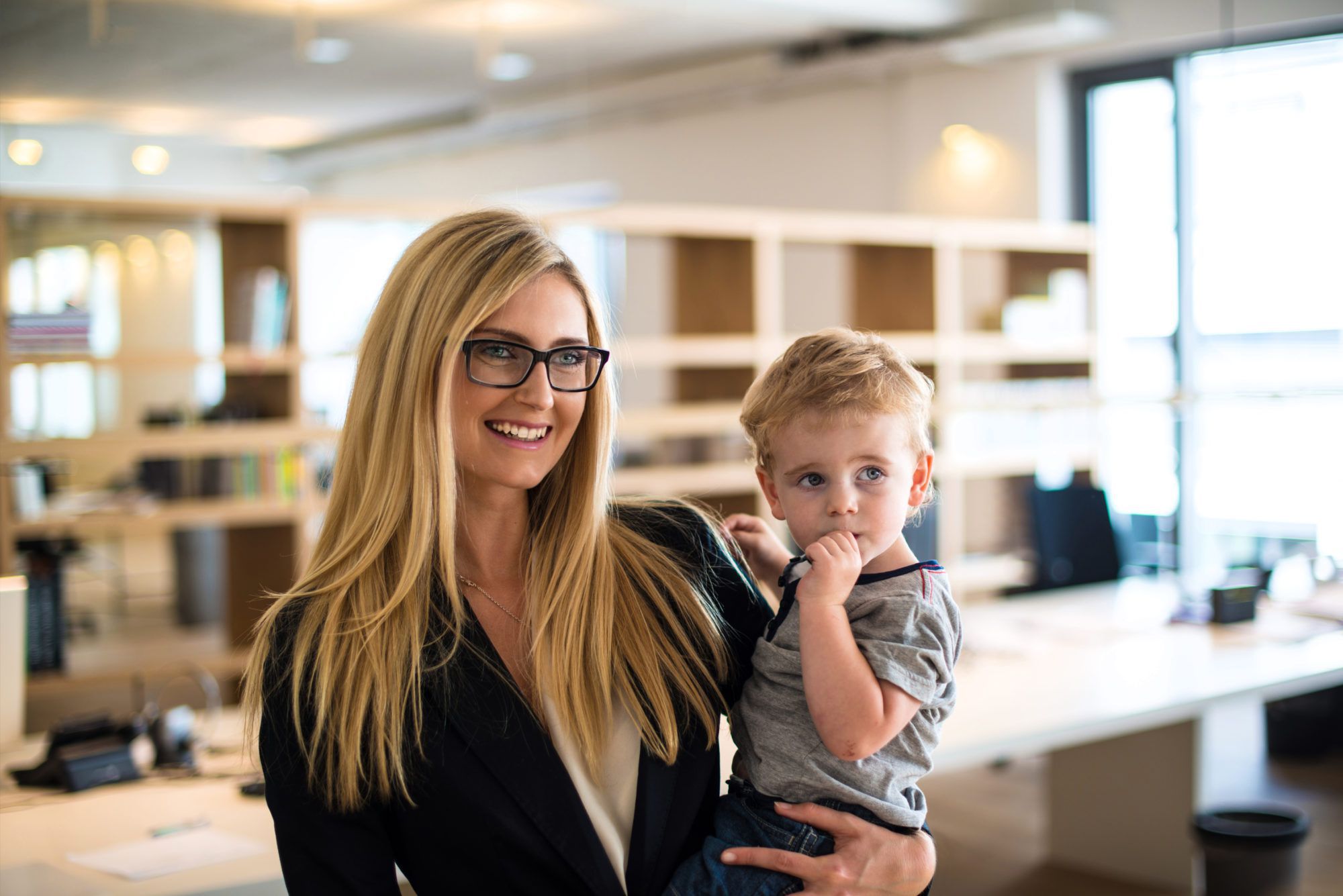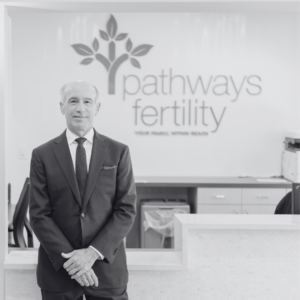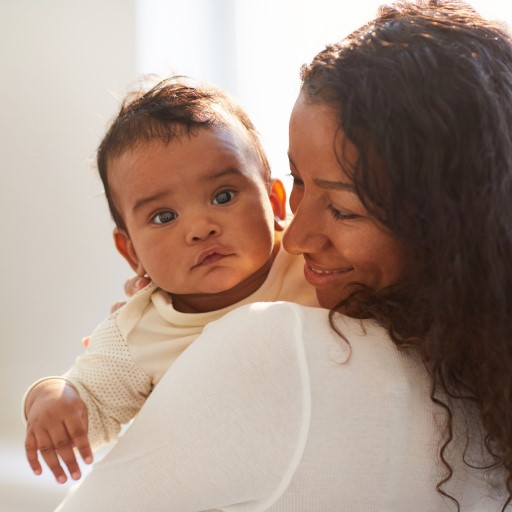Co-parenting, previously an option for divorced couples, is a new option for LGBT couples and non-cohabitation straight parents
Co-parenting is common when a divorced couple shares responsibility of their child and parents their children separately in different homes. The deliberate decision to co-parent, sometimes referred to as “elective co-parenting,” as an approach to having children is a relatively new phenomenon.
Typically, it refers to a man and a woman who are not married, in non-cohabitation situations or not involved in a sexual relationship, but would like to have a child together and raise the child in separate households. It could apply to straight partners or any of the LGBT categories.
Recently, Dr. Jadva and colleagues published an article summarizing some observations on elective co-parenting in Human Reproduction. Elective co-parenting has been more prevalent among LGBT couples, especially lesbian women who have gay men as their partners in these arrangements, usually arranged among people who had friendly relationships previously. Sometimes, the biological parents have their own partners, so multiple parents plan the pregnancy and agree to raise the child collectively.
Now that there are internet websites available on this topic, larger numbers of people are considering elective co-parenting, especially LGBT couples. But these can be heterosexual singles and LGBT couples. There have been some small studies, such as one in Israel that found 10 heterosexual women co-parenting with gay men who had a goal of having a father figure for their child.
There really are not any studies that address the impact of elective co-parenting on the adults and children involved, but one would expect it to be similar to children who have experienced parental divorce or are raised by stepparents due to various parenting situations.
It has been shown that children in single parent families have more difficulties in their relationships with their resident parents, nonresident parents and stepparents. They are more at risk of developing emotional and behavioral problems than children in intact families. The quality of the relationship between the child and parents is strongly associated with children’s psychological development and wellbeing. Affectionate and supportive relationships foster positive adjustments.
If couples enter these kinds of elective co-parenting relationships, legal counsel is highly recommended in order to avoid conflicts. There is an organization called Pride Angel, based out of England that has helped many prospective intended parents match up worldwide.






